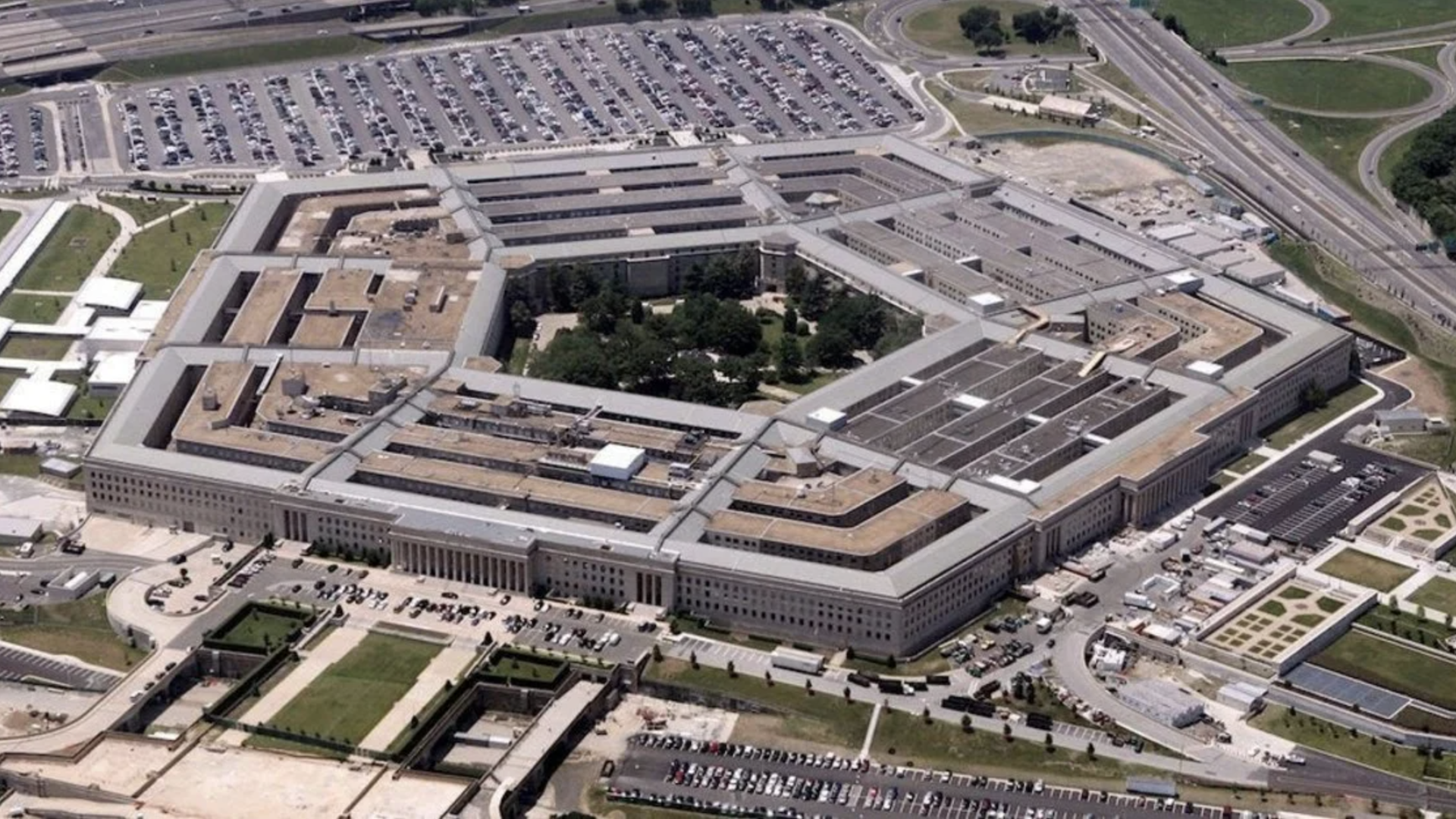

Defense Secretary Lloyd Austin underwent prostate cancer surgery in December before being hospitalized again for complications last week, the Pentagon said Tuesday.
Routine health screening first revealed that Austin had prostate cancer in early December, Dr. John Maddox of Walter Reed National Military Center said in a statement.
On Dec. 22, Austin had a minimally invasive surgical procedure known as a “prostatectomy” during which he was under general anesthesia, Maddox said. The surgery was uneventful, and Austin’s prognosis is “excellent.”
Austin was admitted to Walter Reed again on Jan. 1 after suffering complications from the surgery, including nausea along with severe abdominal, hip, and leg pain, Maddox said. Austin was diagnosed with a urinary tract infection and was transferred to intensive care the following day.
Subscribe to Task & Purpose today. Get the latest military news and culture in your inbox daily.
While in intensive care, backed up fluid from his small intestines were drained in a non-surgical procedure that placed a tube through his nose to drain his stomach, Maddox said. Austin’s infection eventually cleared and he is anticipated to make a full recovery.
“Prostate cancer is the most common cause of cancer among American men, and it impacts 1 in every 8 men – and 1 in every 6 African American men – during their lifetime,” Maddox said. “Despite the frequency of prostate cancer, discussions about screening, treatment, and support are often deeply personal and private ones. Early screening is important for detection and treatment of prostate cancer and people should talk to their doctors to see what screening is appropriate for them.”
President Joe Biden was informed on Tuesday that Austin had been diagnosed with prostate cancer, said John Kirby, coordinator for strategic communications at the National Security Council.
The Pentagon first announced on Jan. 5 that Austin had been hospitalized due to complications from an “elective medical procedure.” Until Tuesday, defense officials continued to describe Austin’s surgery in December as “elective.”
Air Force Maj. Gen. Pat Ryder, a Pentagon spokesman, said the Defense Department consulted with Austin’s doctors on the wording of its Jan. 5 statement.
“Recognizing that words matter, I think we were trying to relay the best information that we had at the time,” Ryder said at a Pentagon news conference. “But to my knowledge, that initial statement was coordinated in consultation with the medical care professionals.”
The latest on Task & Purpose
- What is the oldest military equipment still in use today?
- Arkansas Air Guard wing commander resigns over abortion policy, Governor says
- Marine Security Guard dies in Republic of the Congo
- How the military celebrates the New Year, according to combat veterans
- The history of Thompson “Tommy” guns at war
